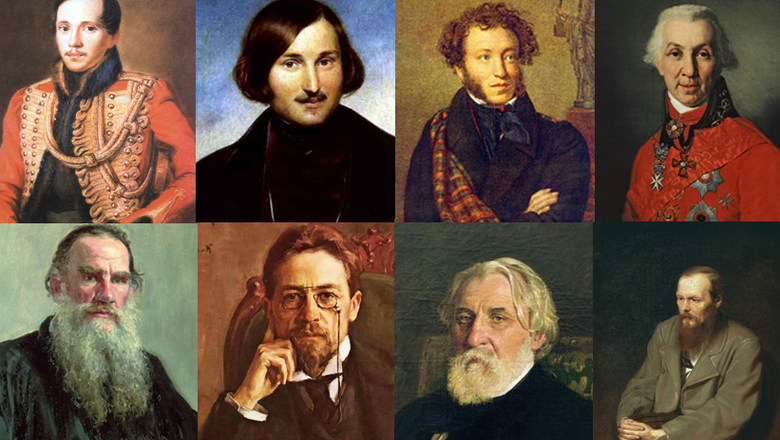Russians have long comforted themselves with the fact that however many bad things others can say about them and their country, foreigners typically have ranked the great Russian writers as among the greatest of all. But now, new surveys in Britain and France suggest that is no longer the case.
If one looks at various lists of the best novels of all times, Moscow journalist Irina Ziganshina says, one cannot fail to be troubled by the fact that Russians are no longer represented in them in the ways that they were only several generations ago.
A survey by the BBC of one million listeners intended to identify the 200 best novels of all times and peoples had few Russian works. Tolstoy’s Anna Karenina was the highest at 54th place, “Dostoyevsky was still lower, and Chekhov wasn’t there at all because he didn’t write novels.” Of course, this is an English list with a typically English focus, she says.
But a French list of the 100 best novels of the 20th century compiled by Le Monde is equally dispiriting for Russians. Solzhenitsyn did figure at 15th place, but the only two other Russians there were Vladimir Nabokov, an émigré, and Mikhail Bulgakov. And a Norwegian list had only one Russian on it as well.
Any such list is subjective, but more “objective” measures aren’t encouraging either, Ziganshina continues. Using data on purchases of books and library uses, one finds that foreigners rarely turn to Russian writers these days. Pushkin, who gets the most attention, ranks highest among the Russians – at 61st place overall.
And if one considers Google searches, not a single Russian writer ranks in the top 50. According to one American outlet, fewer than one of every 20 translated books into English is now from the Russian – at a time when most people do not need translations but books produced in their own languages by their own writers.
This doesn’t mean that Tolstoy, Dostoyevsky or Turgenev aren’t greater than many modern American or British or German writers or that Russian literature is dying. But it does mean that it doesn’t have the pull it once did, a reflection of changing fashions abroad and the changing image of Russia in the age of Putin.
Read More:
- Russia’s war against the Ukrainian language
- Library of Ukrainian Literature destroyed in Moscow
- History as a weapon in Russia’s war on Ukraine
- Putin’s ‘appropriation’ of medieval Ukrainian princess reflects more than historical arrogance
- PEN award-winning publisher needs your help to promote Ukrainian literature
- Lviv declared UNESCO City of Literature
- Let the songbird out of the cage – vote for Ukrainian literature




